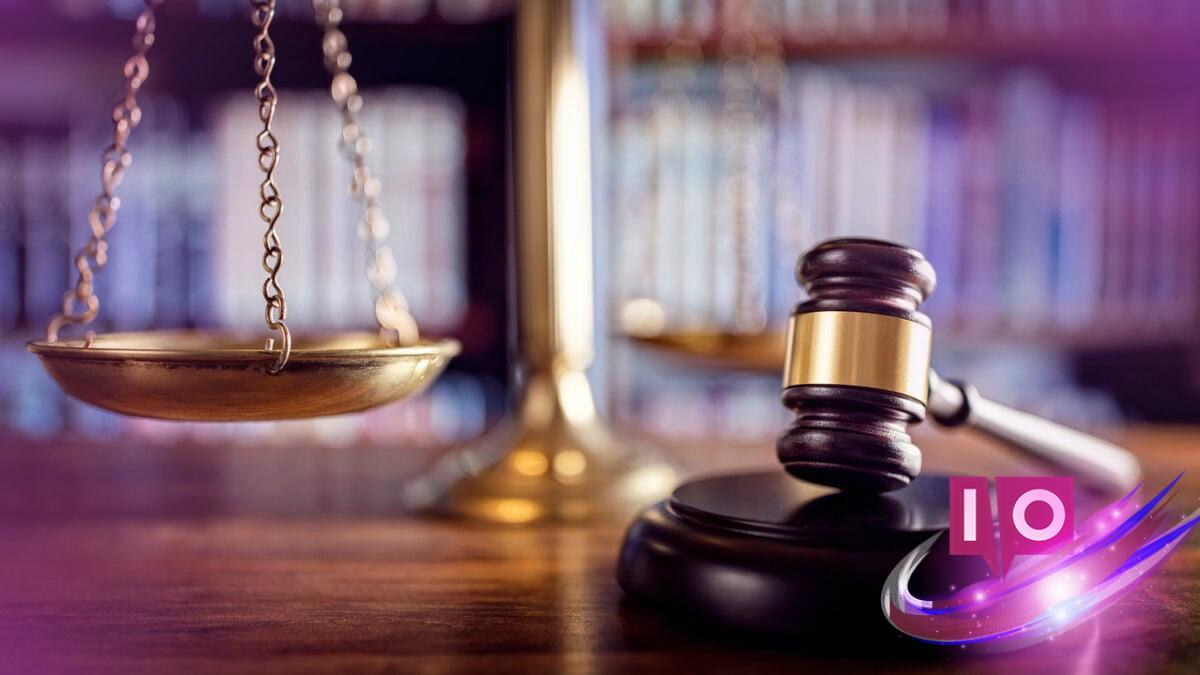Artificial Intelligence (AI) has become a useful tool in various fields, but its recent rise in popularity among lawyers raises some serious concerns. While it can streamline tasks like drafting legal briefs, the risks associated with its use are becoming increasingly alarming. Missteps in utilizing AI could lead to costly legal blunders, presenting substantial implications for clients and legal professionals alike.
As an expert in content strategies, I’ve seen the impact of advancements like AI firsthand. However, it’s crucial to weigh the benefits against the potential ethical pitfalls—especially in high-stakes environments like law.
1. The Allure of AI in the Legal Profession
Lawyers are drawn to AI tools like ChatGPT, hoping to mitigate the tediousness of writing essential documents. However, chatbots aren’t infallible; they are known to generate misinformation, leading to potential legal errors. A recent report from The New York Times highlights an unsettling trend where such inaccuracies are causing significant repercussions in the legal landscape.
2. Consequences of AI Misuse
The American Bar Association allows the use of AI in legal work, but it comes with a heavy caveat: lawyers must verify the accuracy of AI-generated text. Unfortunately, many have neglected this responsibility, resulting in notable instances of malpractice. According to the Times, legal professionals increasingly face disciplinary action for careless use of AI, comprising fines and other penalties.
3. Community Response and Accountability
In the wake of these issues, some lawyers have taken it upon themselves to hold their peers accountable. A dedicated initiative led by attorney Damien Charlotin aims to track instances of AI misuse in legal cases. His online database currently catalogs over 500 documented errors, serving as a wake-up call for the profession.
But how effective is this initiative? While it’s an important start, the overall impact on changing behavior remains uncertain. As Stephen Gillers, an ethics professor at NYU School of Law, pointedly remarks, “Lawyers everywhere should be ashamed of what members of their profession are doing.”
4. What Should You Know About AI in Law?
What are the key challenges lawyers face when using AI? With the risks involved, legal professionals must navigate a tricky landscape, balancing efficiency with ethical considerations. The possibility of generating misleading or entirely fictional legal precedents can result in cases being dismissed or fines imposed on the responsible parties.
How can AI blunders affect clients? Errors stemming from AI misuse can have catastrophic outcomes for individuals and businesses relying on legal expertise. Inadequate legal representation, stemming from inaccurate AI guidance, raises concerns about the reliability of modern legal counsel.
5. The Future of AI in the Legal System
While AI can undoubtedly offer some efficiency in legal processes, its drawbacks cannot be overlooked. As the legal profession adapts to these technologies, ongoing education and stringent accountability measures will be pivotal in preserving the integrity of the field.
What can law firms do to prevent AI errors? Firms should implement rigorous review processes, combining human expertise with AI support to ensure accuracy. Continuing education on the ethical use of AI can also equip legal professionals to better navigate its complexities.
By understanding these challenges and actively working toward solutions, the legal sector can leverage AI’s benefits while minimizing risks. As we move forward, the balance between innovation and ethical practices will define the future of law.
If you’re curious about the evolving role of technology in other fields or want to keep up with trends that might affect you, don’t hesitate to check out more insights on Moyens I/O.
